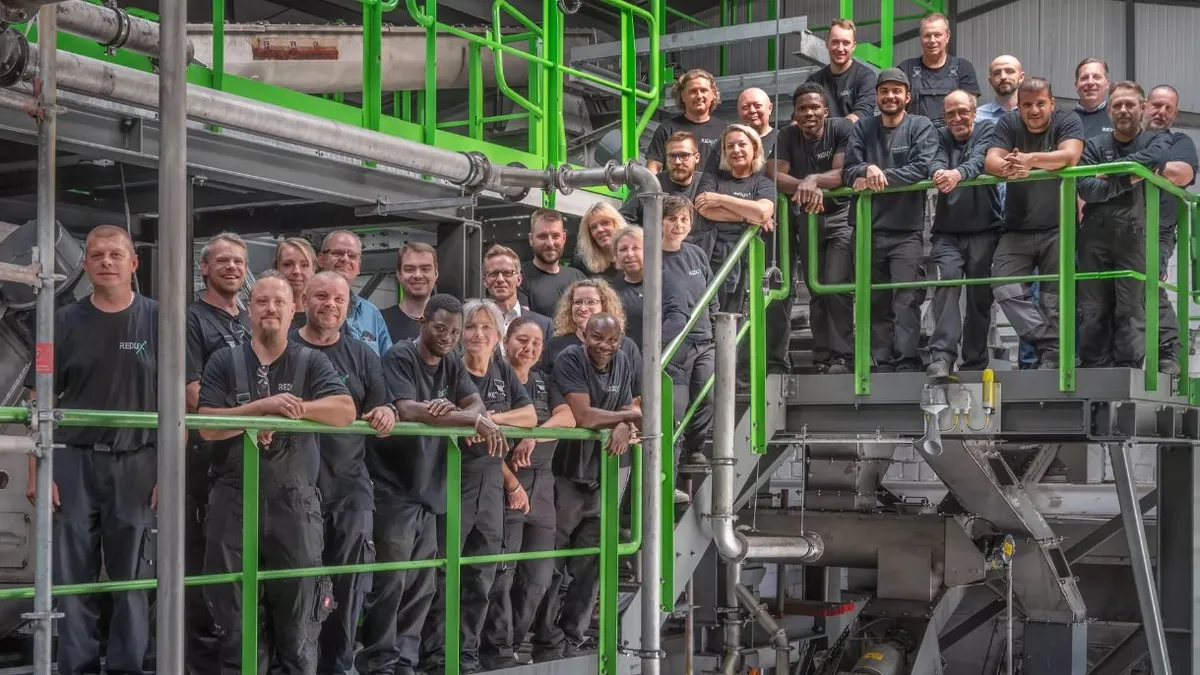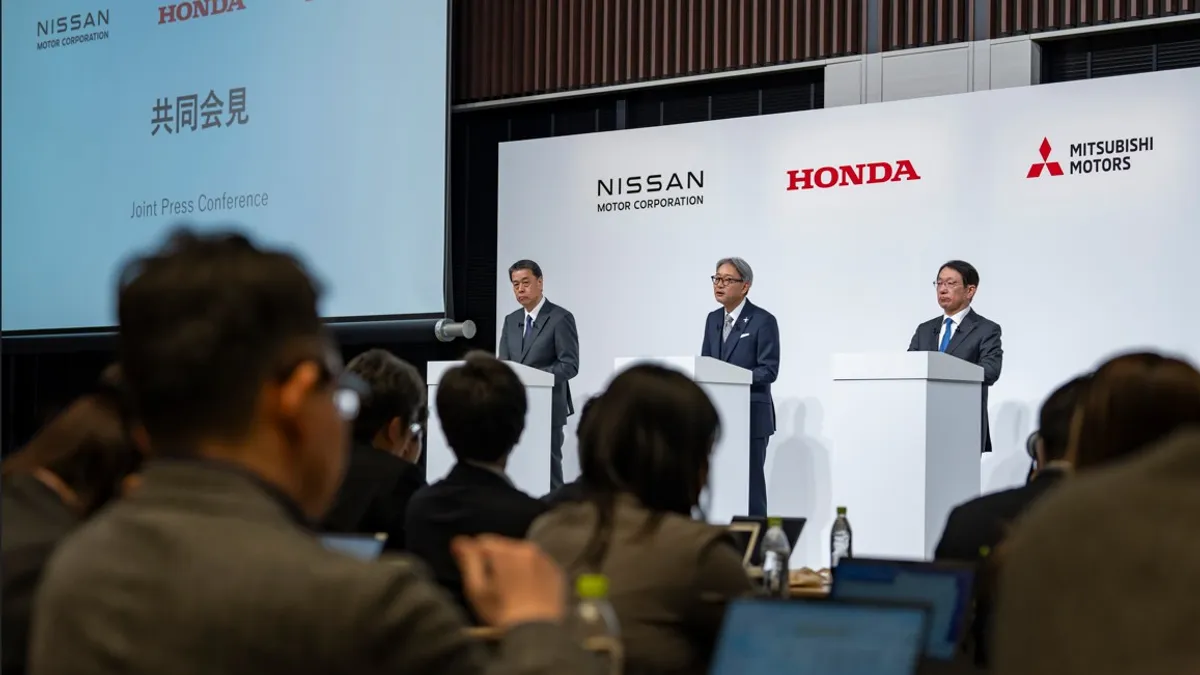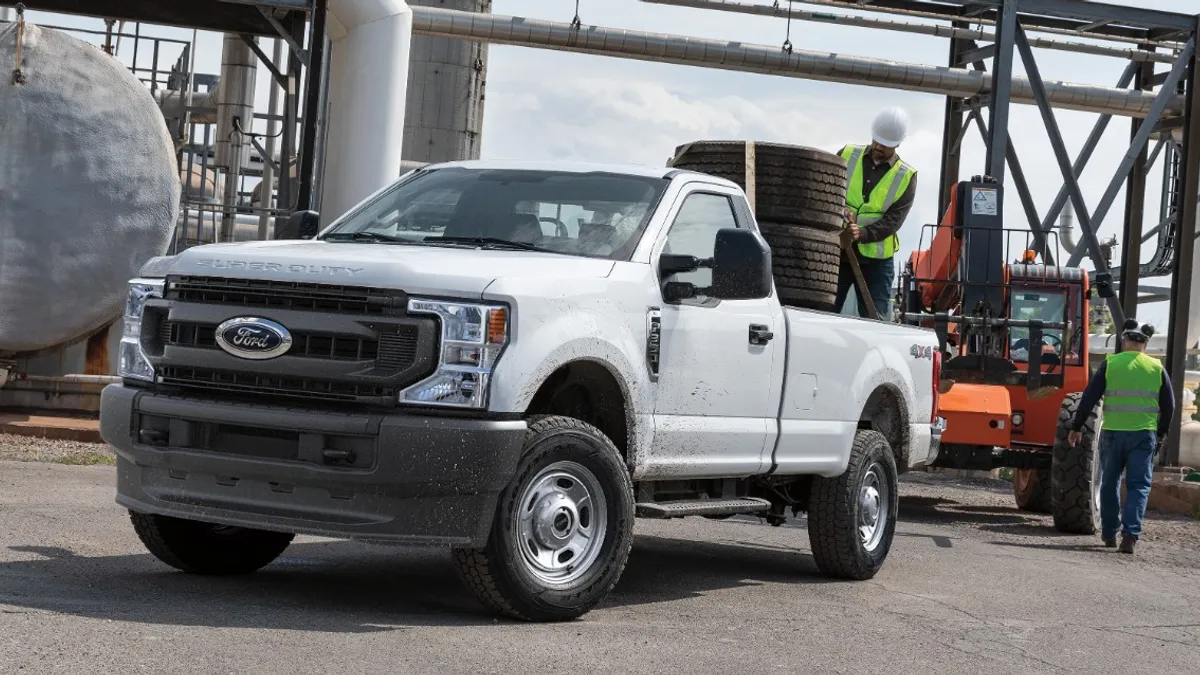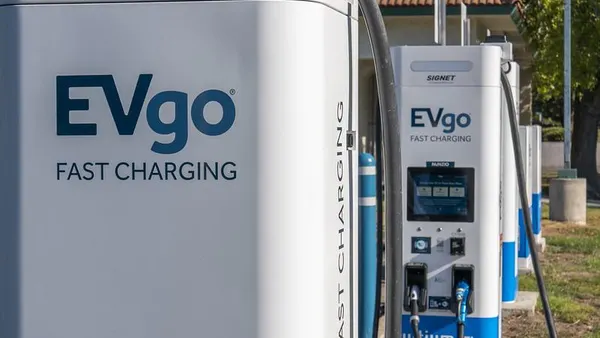Dive Brief:
- Nevada-based Redwood Materials has acquired Germany-based lithium-ion battery recycler Redux Recycling GmbH, Redwood said Tuesday.
- The acquisition will help Redwood Materials expand its recycling operations in Europe by working closely with Redux Recycling’s "well-established" network of suppliers, customers and industry partners, Redwood said.
- A team of roughly 70 chemical engineers, metallurgists and material scientists are joining Redwood Materials as part of the acquisition.
Dive Insight:
The Redux Recycling acquisition positions Redwood Materials as a key player in the EU. As electric vehicle adoption increases across Europe, the market for battery recycling and materials manufacturing will likely grow quickly. In July, the European Council passed new regulations covering the entire life cycle of batteries, including lithium recovery targets and recycled content minimums.
Redux's proprietary recycling technology can extract more than 95% of the valuable materials from used batteries, including cobalt, nickel, lithium and manganese, which can be used to manufacture cathode and anode materials for new batteries. Redwood’s existing technology has similar capabilities.
In addition to EV batteries, the Redux facility in Bremerhaven, Germany, is equipped to recycle batteries from stationary storage systems, laptop computers, cell phones, e-bikes and other electronics. The facility can recycle 10,000 tons of lithium-ion batteries a year.
According to Redwood, its recycling efforts in both the U.S. and Europe will contribute to its goal of creating a more sustainable global battery supply chain, which will be crucial to driving down EV costs. The Redux facility's location near the Bremerhaven Port — one of the biggest container terminals in the world — will allow Redwood to more easily transport, recycle and process used EV batteries across Europe.
Former Tesla co-founder and chief technology officer J.B. Straubel founded Redwood Materials. The company aims to create a circular supply chain by recovering critical raw materials from end-of-life batteries.
In February, Redwood received a $2 billion loan commitment from the U.S. Department of Energy to build and expand a battery materials campus in the U.S. to support the growing EV market and bolster the domestic supply chain.
Redwood aims to produce 100 GWh of cathode and anode components per year by 2025, which is enough to manufacture battery cells for roughly 1 million EVs annually.














